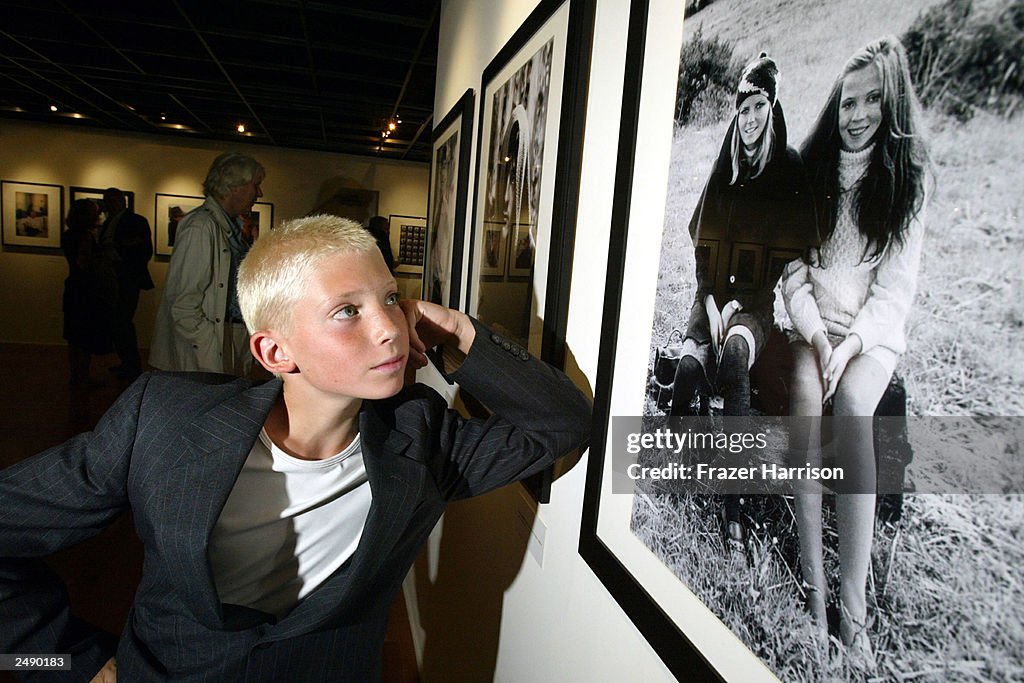Avoid Errors! [No Results Found On Google] - Tips & Fixes
Is the digital realm truly a boundless library, or a labyrinth of echoes where answers perpetually elude us? The persistent refrain, "We did not find results for: Check spelling or type a new query," echoing across search engines, hints at a growing disconnect between our informational desires and the capacity of technology to fulfill them. It suggests not an abundance of knowledge, but a fragmented and often inaccessible landscape, a digital echo chamber where the most precise queries can still vanish into the void.
The phrase, a familiar ghost in the machine, signifies more than just a misspelling or a poorly phrased search. It represents a fundamental challenge in the age of information: the difficulty of navigating the sheer volume of data, the limitations of current search algorithms, and the potential for biases and gaps in the available content. This absence of results can be attributed to a multitude of factors from the ephemeral nature of online content to the ever-evolving algorithms that dictate what we see. Furthermore, the phrase is a reminder of the subtle art of crafting a search query; one must be precise, informed, and perhaps, a bit lucky to unearth the hidden treasures of the digital world. The inability to locate information can stem from a poorly worded query, a lack of comprehensive indexing by search engines, or the simple reality that the answer simply doesn't exist, or hasn't yet been made public. Consider a hypothetical scenario. Imagine a renowned historian, Dr. Eleanor Vance, attempting to find recently declassified documents pertaining to a Cold War-era espionage operation. Despite her expertise, the search engine might repeatedly return the frustrating message: "We did not find results for: Check spelling or type a new query."
The implications of this recurrent digital dead end extend far beyond individual frustration. It raises questions about the efficacy of our information infrastructure, the potential for censorship or omission, and the biases inherent in the data that is readily available. The phrase therefore serves as a constant reminder of the need for better search technologies, more robust indexing practices, and, perhaps most importantly, a greater critical awareness on the part of the users themselves. The modern search engine, in its current form, is far from infallible. It mirrors our own biases, prejudices, and the limited data available. The quest for knowledge online, therefore, becomes a continuous process of testing, refining, and adapting our approach to the digital landscape.
The consistent "We did not find results for" message also highlights the importance of alternative information sources. Relying solely on search engines limits our scope. Encyclopedias, specialized databases, academic journals, and even physical libraries may contain the precise data we need. It also means we need to be savvy in assessing the credibility of information we do manage to find. The web is overflowing with both accurate and misleading data, and the capacity to discern between the two is an essential skill in the modern era.
Let us imagine, for the sake of illustration, a fictitious case study. A young researcher, Amelia, is studying the historical significance of a local community center, the "Harmony Hall." Amelia is met with the frustrating statement We did not find results for: Check spelling or type a new query. No matter what search terms she utilizes, the Hall seems to be absent from the digital record. She could then adapt her strategies. She may broaden her search terms, attempting to use more general phrases or focusing on related topics, such as local history and community development. She may consult alternate sources like the local library's archives or the community center's old newsletters.
This exercise shows the different approaches to the situation. The statement itself can also indicate a problem with the data itself, such as lack of coverage or outdated information. If there are no digital traces of the Harmony Hall, it could indicate that there's a gap in the digital record. Then the researcher must move on to other sources. It may involve interviewing community members, visiting physical archives, and relying on the resources that exist outside of the digital realm. This process highlights a crucial lesson. The phrase We did not find results for: Check spelling or type a new query, is just a starting point, not an ending. Its a call to think critically, to explore alternative avenues of research, and to recognize the ongoing evolution of information access.


